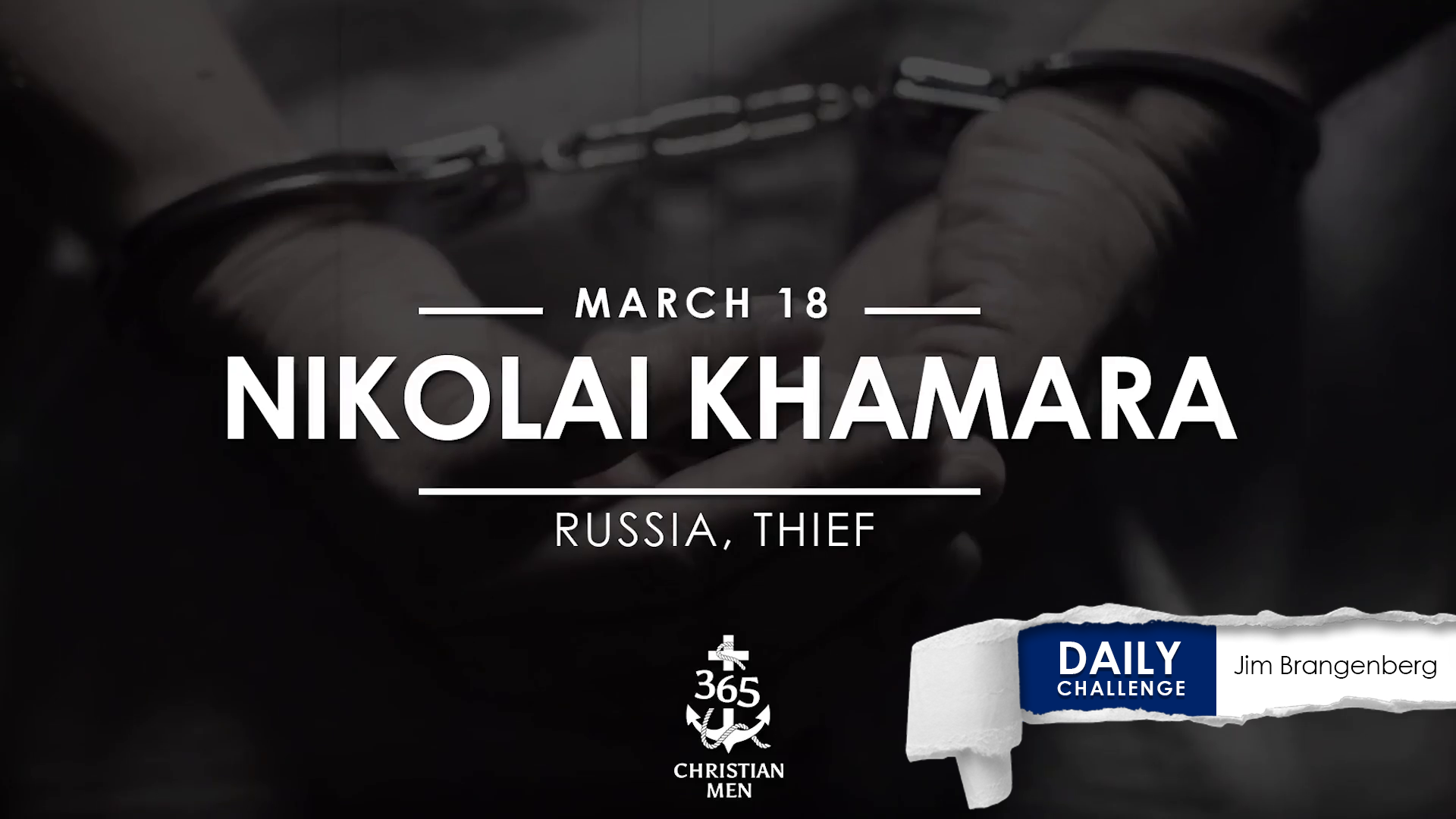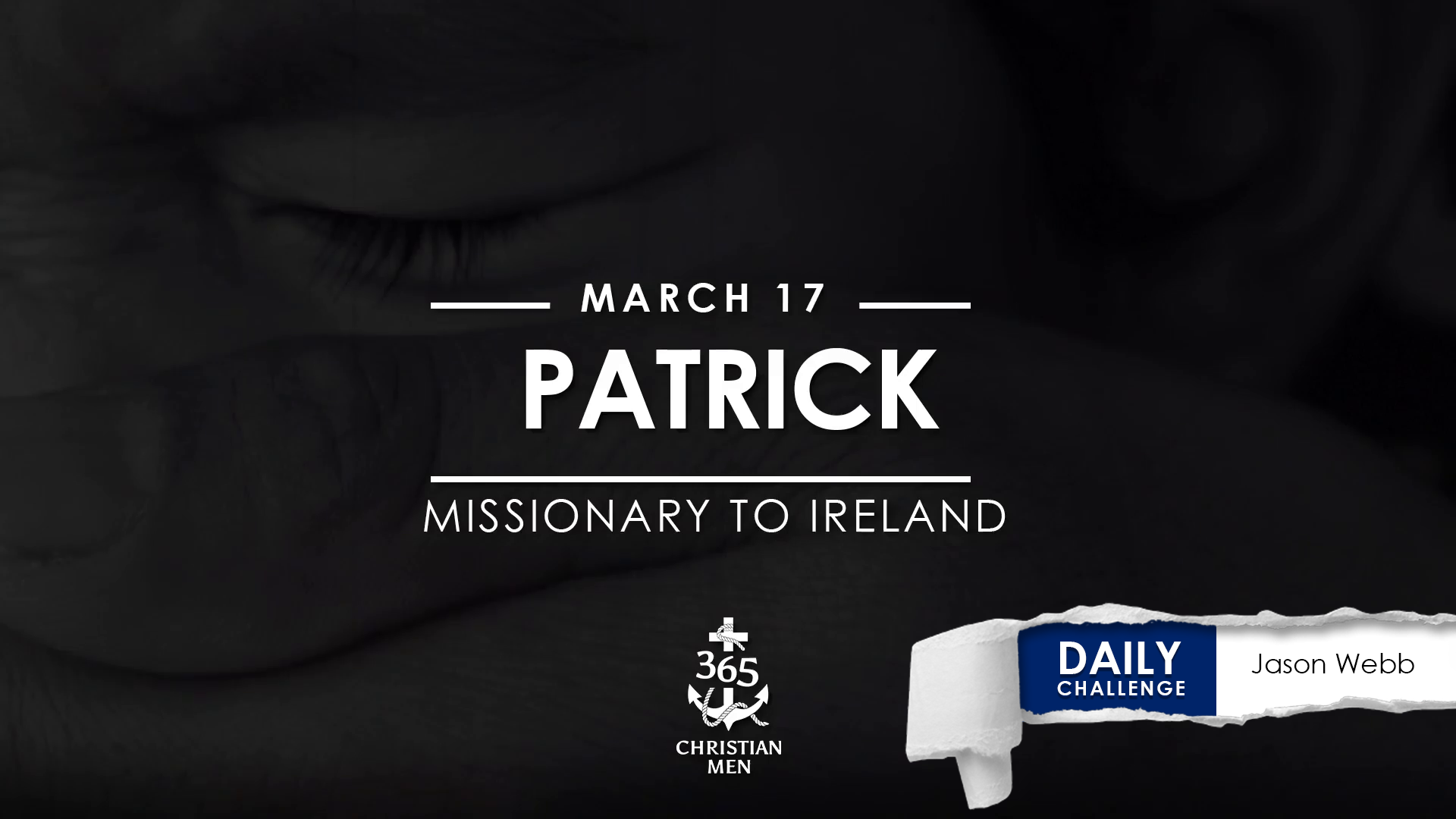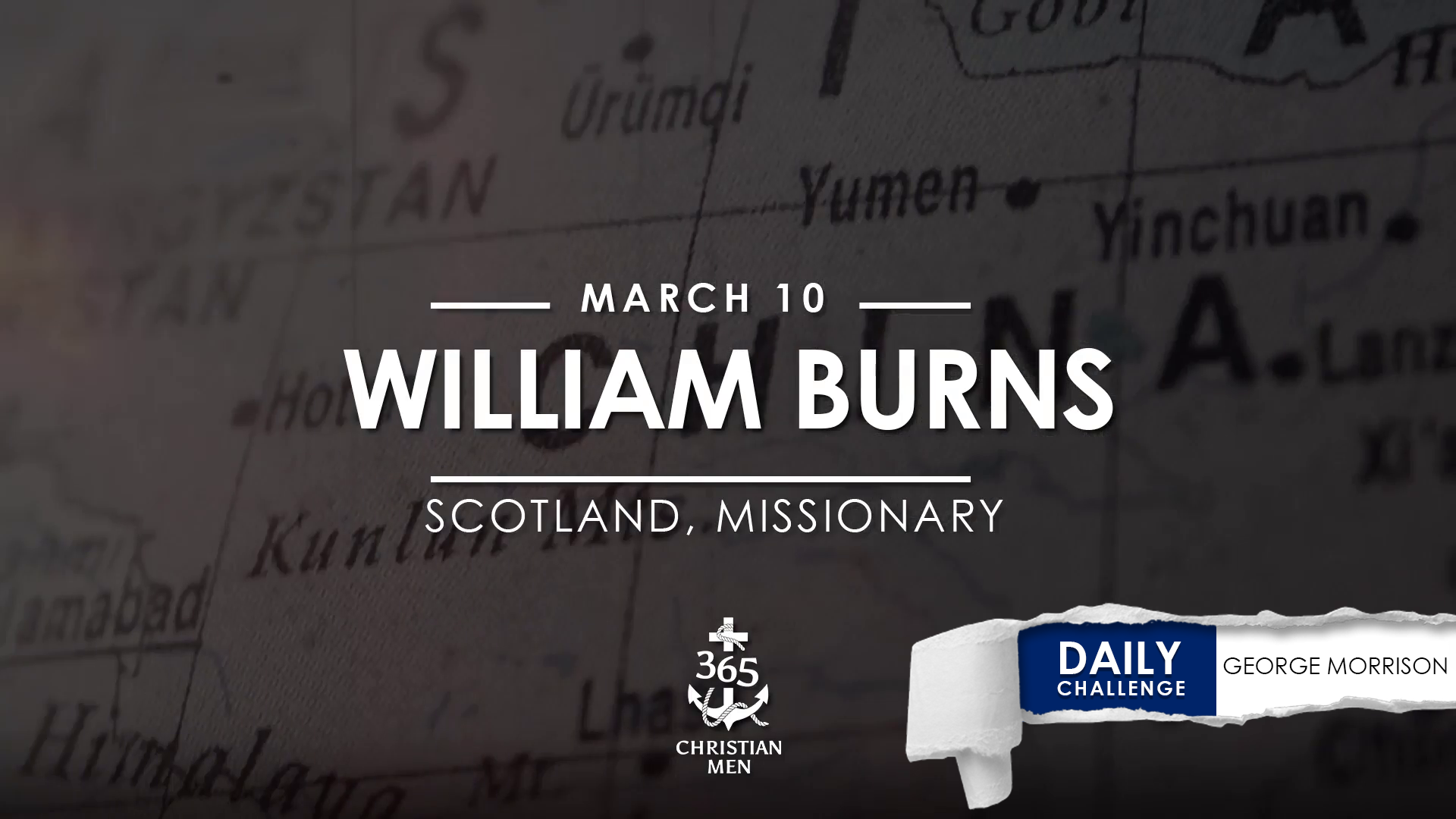March 19. Jay Bradley Thompson. Thompson was a musician and a composer, whose determination allowed him to write music and lyrics even as ALS was robbing him of his muscle control. Read his story here.
You’re on a mission from God; make every moment count.
With life-support machines doing their jobs, Thompson sat motionless in a wheelchair, and about twenty-five children mulled about the church sanctuary. His four daughters were there. The children were about to rehearse the second and final children’s musical Thompson had composed. It was a compilation of Old Testament stories.
From the foot of the steps leading to the stage, the producer shouted, “Places, everyone! Does everyone have their lines?”
Thompson chuckled. The older kids struggled to herd the little ones to their respective places. This was Thompson’s dream come true, though he had never imagined it would play out this way.
But the hard part was over. The music had been composed, the lyrics had been written, the lines had been assigned. His only job now was to sit back—in his Superman pajama pants that matched his playful spirit—and watch his vision come to life.
There had been a time when Thompson could sit down at a piano and play anything. But now he was at the end of his battle with ALS, a degenerative disease that eventually leaves people unable to speak, eat, move, or breathe. When he composed his first children’s musical two years before, he still had the use of the right side of his body, and he could still speak.
“I want to show ALS patients that you can keep doing things,” he had said. “You don’t have to sit around your house and wait to die.”
But for this second production, the process had been much harder, and he had needed more help. And no one was sure he would live long enough to finish it.
With the glow of his computer screen on his face, Thompson lay in bed. With dogged determination, he scanned the onscreen keyboard in front of him. With the help of special software and a computer-mounted camera, his eyes selected the letter he wanted. His lips moved to grasp a special joystick to shift the cursor in his composition program. Using a clicker tucked into his hand by his wife TJ, Thompson selected a note and placed it on the staff.
Sometimes a single sentence took ten minutes to write, but with the mission God had put on Thompson’s heart and his insistence upon making every moment count, each exhausting stare and click eventually produced thirty-three pages of material telling God’s story, from the viewpoint of an innocent child.
On a sweltering early-August evening in 2009, Thompson sat in the audience—front row. A miniature version of Adam and Eve took the stage. From out of sight, the disembodied voice of God boomed:
“What do you think of life, Adam?” God asked.
“Well, it’s quite hard work and a little boring,” Adam answered. “And, well, a little lonely, too.”
“Don’t worry,” God replied. “I’ve been working on a solution to all these problems. I’m going to create a woman. She’ll wash and cook for you whenever you want. In fact, she’ll do everything you can imagine.”
“That sounds great, but how much will this woman cost me?” Adam inquired.
God, with a price already in mind, replied, “I was thinking an arm and a leg.”
Frowning, Adam rolls the dice.
“That sounds a bit steep,” he says. “What can I get for a rib?”
Laughter and applause filled the room. Thompson was delighted, knowing the Lord had used him to glorify God in these last days.
A little more than a month later, Thompson finally heard the true God say to him, “Well done, good and faithful servant.”
“I will praise the LORD as long as I live; I will sing praises to my God while I have my being” (Psalm 146:2 ESV).
Take a mental inventory of your day-to-day life. Have you been making good use of your time? You’re on a mission from God; make every moment count.
Based on an interview with Jay Bradley Thompson, 2019.
Story read by Nathan Walker















